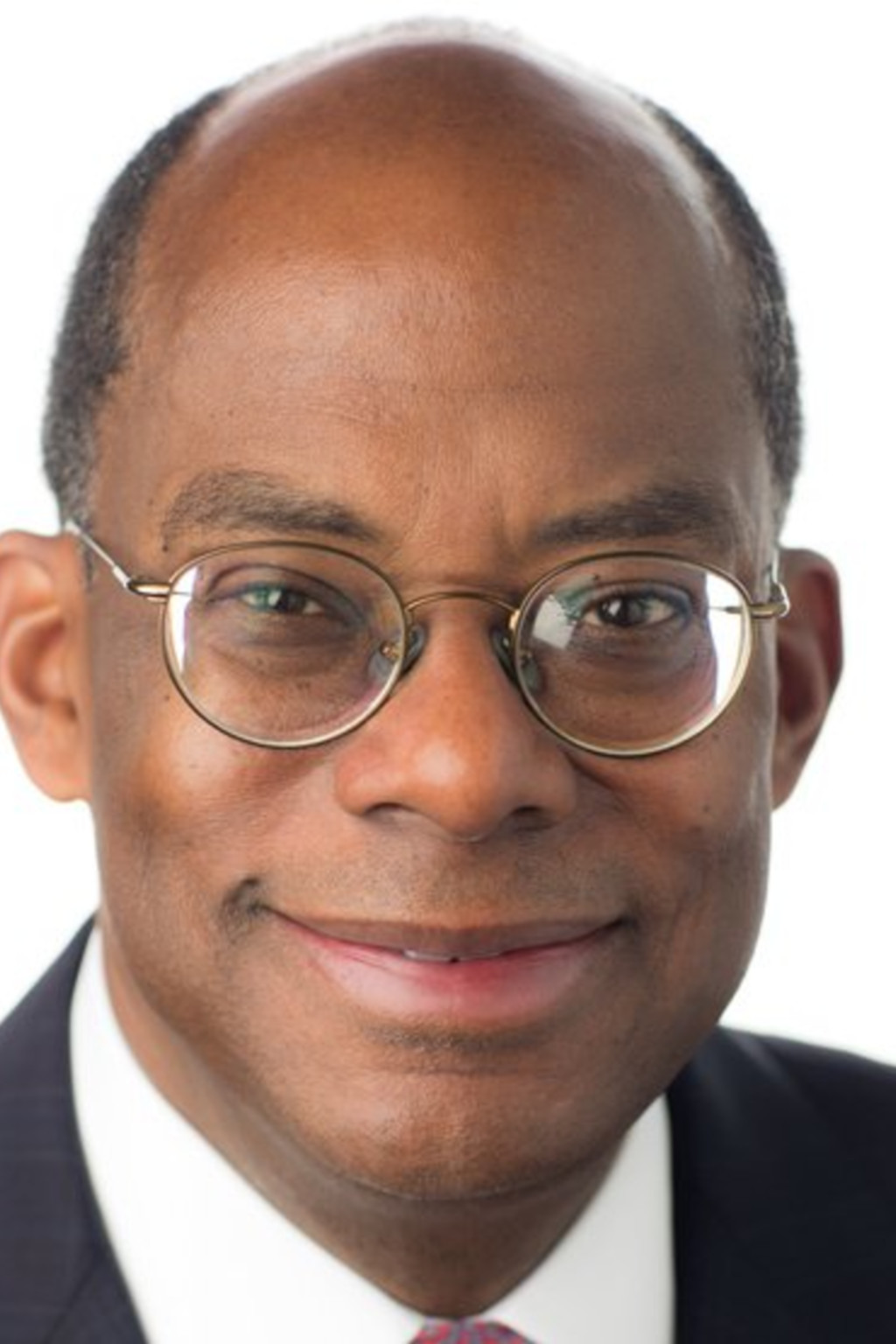R. Glenn Hubbard: Moving Past the “Walls” of Protection to “Bridges” of Participation
The response to disruptions caused by globalization and technological advances have been “walls” of protection that diminish economic dynamism. What is needed are “bridges” that connect individuals to participation in the economy.
By experts and staff
- Published
Experts
![]() By Roger W. Ferguson Jr.Steven A. Tananbaum Distinguished Fellow for International Economics
By Roger W. Ferguson Jr.Steven A. Tananbaum Distinguished Fellow for International Economics
As a part of the Future of Capitalism Project at the Council on Foreign Relations (CFR), Roger W. Ferguson Jr. is inviting a diverse range of participants from academia, private sector, and government to contribute to a series of blog posts to provide perspectives on the different types of capitalism in practice around the world, the challenges these systems face, and their future in the twenty-first century. This post comes from R. Glenn Hubbard, former chair of the Council of Economic Advisers under President George W. Bush. Dr. Hubbard is currently Russell L. Carson Professor of Economics and Finance at Columbia University. He is a life member of CFR.
Structural changes in developed economies over the past few decades via technological advances and globalization have boosted productivity, wealth, and living standards on average. However, they have also disrupted many livelihoods, industries, and communities. The political response to these disruptions is between walls of protection from the left and the right.
This battle is costly for our economy, and it diminishes the prospect of broader economic participation and of mass flourishing. The wall debate also weakens social support for capitalism and economic dynamism.
The counterpunch to “walls” is not let-‘er-rip neoliberalism, but “bridges”: ways to prepare individuals for meaningful participation in the economy and reconnect individuals and communities to economic participation when disruption shakes them loose.
Going back to Adam Smith’s arguments in The Wealth of Nations, economists have celebrated openness and competition at home and globally as important for expanding the size of the economic pie. Those arguments, with refinements by more recent scholars of economic growth, are still important.
But there’s a twist: Growth and disruption are like a coin with two sides. The “heads” of growth is not possible without the “tails” of disruption. This coin analogy reveals the predictability of failure of walls of protection against change or openness or shifts in the labor market. Your Econ 101 professor told you that.
But, in talking about openness and competition (or today’s emphasis on technological change and globalization), your Econ 101 professor also said overall wins were politically feasible because the “gainers” can compensate the “losers.” But do we do so?
A contemporary version of Smith would emphasize not just competition but the ability to compete — and not just openness but the ability to reconnect when disruption strikes. Bridges do that, offering skills as preparation, supporting work, and providing social insurance that emphasizes economic participation, not just income maintenance.
The United States once did this. Support for land-grant colleges in President Lincoln’s time helped prepare generations of individuals and communities for a changing economy. President Franklin Roosevelt’s G.I Bill toward the end of his administration reconnected many returning Americans to work in an economy that changed during their service. Today’s plethora of federal job training programs or Trade Adjustment Assistance lack the inspiration or oomph of the bridges needed today. And the buffeting of individuals and communities over the past few decades will get another kick from developments in artificial intelligence, robotics, and climate change mitigation going forward. It’s no wonder “build the wall” captures the imagination.
Bridge ideas for today’s stresses include a modern twist on the land-grant colleges in the form of a block grant to support community colleges, funds for applied research centers around the country to disseminate ideas and business practices, and block grants to distressed areas centered on business and employment advances. Reconnection should be boosted by expanding the Earned Income Tax Credit and funding Personal Reemployment Accounts to assist individuals whose skill are diminished by economic changes.
Growth is good. Disruption creates winner and losers — and a “demand” for adaptation. The political process can “supply” that adaptation with walls or bridges. Walls dominate our conversation. Bridges should dominate our thoughts and actions.
